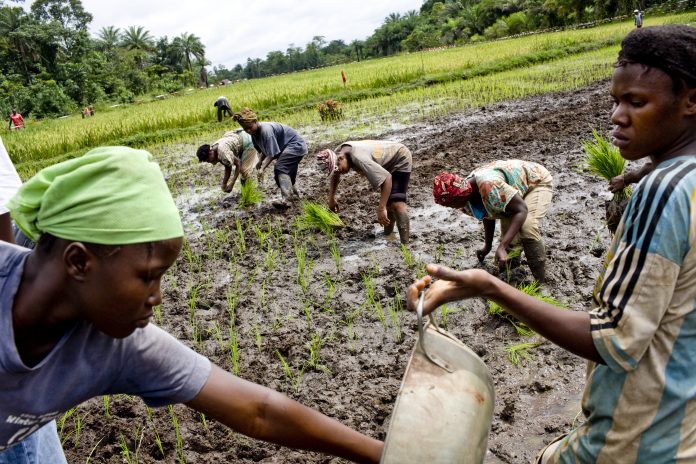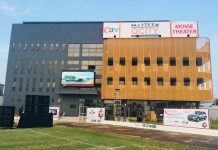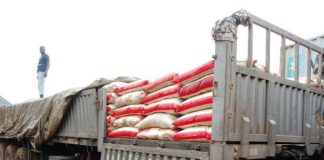The political party known as Congress for Democratic Change, CDC, in Liberia says it is set to take over the central government from outgoing President Ellen Johnson Sirleaf. The government is to be headed by Senator George Weah, who won the run-off presidential contest about two weeks ago.
The CDC says it is important that all Liberian youths should understand the place of agriculture in Liberia’s economy and survival, regretting that the effects of the prolonged civil strife and internecine wars in the country tended to set Liberia back by almost half a century.
The in-coming government says this is sufficient reason why agriculture should be considered the most important sector of any economy, particularly where the climate which is the most critical factor in farming is ideal, as in the case of Liberia.
This sector is unique because it is the only area that can create the most jobs when well developed. It is second to none in this regard. It should be clear from this illustration that development of Liberian agriculture is the key to industrializing the country, which benefits will be realized from a chain reaction that is manifested by a multiplier effect, in economic terms. In one hundred and seventy years of existence as a nation-state, Liberia’s agenda and priorities for agricultural development have yet to be properly defined and set.
The climate is favorable and the soil is generous, but subsequent governments have failed to appreciate them climate and soil. The country produces less than 30% of what it eats and produces 100% of what it does not eat. In the case of natural rubber, cocoa, etc, 100% of what is produced is exported to be processed into finished products which are bought by Liberians at high prices.
The CDC regrets that agricultural productivity is very low in respect of food production mainly because production and agro-processing are not mechanized; and post-harvest handling infrastructures and resources (e.g. cold storage buildings, farm produce refrigeration equipment, personnel trained in post-harvest handling practices, etc.) are lacking.
The in-coming government says it has already received a comprehensive study of the rot in Liberia’s agricultural condition and has commissioned experts to chart the way forward.















